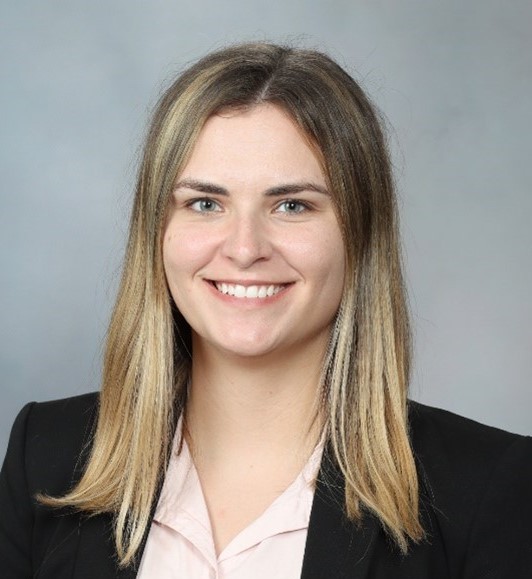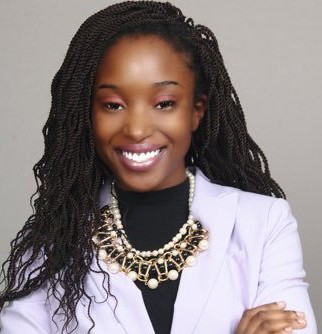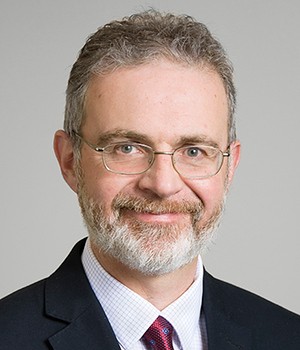ABR Trustee Stands for Veterans Every Day
Veterans Day is an important occasion to honor the people who have proudly served our country. For someone like ABR Trustee Dan Davis, MD, celebrating and serving veterans is part of his life.
Dr. Davis completed his diagnostic radiology residency at Naval Medical Center San Diego and his fellowship at the National Naval Medical Center in Bethesda. He spent 12 years as a radiologist with the Navy. Helping fellow personnel during his service days left an impression.
“That was probably the most meaningful time of my life,” he said. “I worked with some great people in the military. It made a big difference.”
He enjoys helping veterans and their families so much that he made a career of it. Dr. Davis is the radiology service chief at the Robert J. Dole VA in Wichita, Kansas, where he also has an appointment as a professor of radiology with the Kansas University School of Medicine (KUSM)-Wichita. He also has been the VA service chief in Kansas City.

Dr. Davis has a natural connection with veterans, something he didn’t always experience with other patients in his 17 years of private practice.
“It’s always an easy conversation,” he said. “You can ask, ‘Were you in the Navy or Army? Where did you serve? Where were your duty stations?’ You can ask what they did or what they thought of their service.”
Service runs deep in his family. His father, Don, was captured in France during World War II. Both of his grandfathers served in World War I and his father-in-law put in 35 years, including time as a chaplain in Vietnam.
“There are a lot of people in my family who have served,” he said. “It’s a very important thing for me to recognize that.”
His father’s story is particularly poignant. Scheduled to become an officer and attend college, he was instead used as a replacement infantry soldier and taken prisoner during the war. He spent eight and a half months in captivity and was liberated on April 29, 1945.
“My dad was lucky,” he said. “He was a POW. Everybody else in his company was killed in combat.”
His father used VA services when he was alive. Dr. Davis, who’s also a VA patient, acknowledges that the agency sometimes comes under scrutiny, as does any large organization. But his care has been superb, including when he needs new glasses.
“I’m not a one-size-fits-all guy, and I could not find frames that fit me properly,” he said. “I went to an ophthalmology shop and found one or two pairs. When I went to the VA, I found five or six frames that worked for me.”
He also finds it helpful that the VA coordinates care among specialty physicians, allowing the agency to better serve patients.
“In a community like Wichita, when you’re in private practice, the care is fairly fragmented,” Dr. Davis said. “You see your primary care physician and then you see a specialist who has no connection with a primary care doctor. But at the VA, things are very cohesive. It all works as a system.”
Dr. Davis points to numerous VA success stories, including its smoking cessation program. The 2020 Survey of Veteran Enrollees’ Health and Use of Health Care Data Findings Report found that the rate of veterans enrolled in VA health care who identified as smokers dropped from 33% in 1999 to 13.3% in 2020.
He believes that a strong lung cancer screening program is making a difference. At the Wichita VA, Dr. Davis said 93.5% of patients who get an initial screening come back for a follow-up.
“That’s a very strong rate,” he said. “A lot of times, a patient might get an initial screen and then fall off the radar. We have excellent lung cancer screening coordinators who manage all this and keep on these people.”
Dr. Davis is friends with former ABR Board of Trustees Chair and Board of Governors member Donald J. Flemming, MD, who retired as a Navy captain in 2005 after 24 years of service. Although he never worked at the VA, Dr. Flemming appreciates the work done by the organization.
“Working at the VA is a special mission that is almost a calling rather than just a job,” Dr. Flemming said. “The patients are a group of people who have served at some point in their past and because they developed an illness or an injury while on active duty, they need medical attention. These patients deserve the best care possible from a grateful nation.”
Dr. Davis is grateful for the opportunity to help service members meet their health needs on Veterans Day and beyond.
“Veterans are very appreciative,” he said. “They don’t have a big agenda. They’re just easy to work with.”






